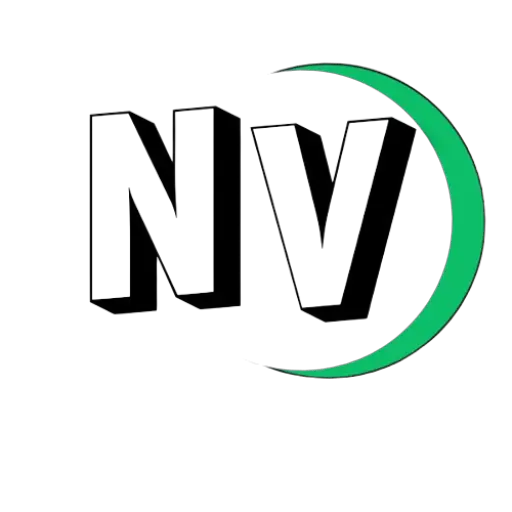Recent developments have shed light on the ongoing issue of petrol consumption in Nigeria, revealing significant fluctuations in daily usage. After President Bola Tinubu’s announcement on May 29, 2023, declaring the end of the petrol subsidy, daily consumption initially dropped to approximately 30 million liters. However, this figure has since surged back to over 60 million liters.
Following Tinubu’s subsidy removal statement, which saw petrol prices rise from N254 to around N617 in Abuja and even higher in other regions, the Nigerian National Petroleum Corporation Limited (NNPCL) reported a notable decrease in daily petrol consumption. Data from the Nigerian Midstream and Downstream Petroleum Regulatory Authority (NMDPRA) indicated that consumption fell from an average of 69.54 million liters in May 2023 to 45.74 million liters in July, marking a 24% drop.
The drop in consumption was short-lived, with figures now exceeding 60 million liters daily. Analysts attribute this dramatic increase to a resurgence in smuggling activities. Smugglers have been exporting petrol to neighboring countries, where fuel prices are significantly higher, capitalizing on Nigeria’s subsidized rates.
The smuggling of petrol across Nigeria’s porous borders has led to increased availability of the product in these neighboring countries. This practice undermines local supply and contributes to higher domestic consumption rates. The high price of petrol in countries like Benin Republic and Cameroon further incentivizes smuggling operations.
The Nigerian government’s decision to end the subsidy aimed to curb the misuse of funds and address inefficiencies in the subsidy regime. However, critics argue that the government’s inability to effectively manage and monitor border smuggling has exacerbated the issue. The vast land borders and numerous unofficial crossing points make it difficult to control the flow of goods.
The removal of the subsidy has led to a rise in the landing cost of petrol, with current costs reaching around N1,100 per liter. This increase has widened the subsidy margin to at least N600 per liter. The NNPCL has faced mounting debt, reportedly exceeding $6 billion, due to the subsidy. This financial strain has resulted in shortages and supply disruptions, with some suppliers hesitant to deliver petrol due to payment concerns.
Recent weeks have seen fuel shortages, with long queues at petrol stations becoming common. The NNPCL has struggled with supply issues and rationing due to reduced bulk sales and outstanding debts. The federal government intervened with a $300 million payment to alleviate the situation temporarily, but shortages have persisted.
The petrol consumption saga in Nigeria highlights the complexity of managing subsidy removal and controlling smuggling. While the end of the subsidy aimed to reduce financial burden and inefficiencies, it has led to unintended consequences, including increased smuggling and persistent supply challenges. The government faces the dual challenge of addressing these issues while ensuring a stable fuel supply for Nigerians.






